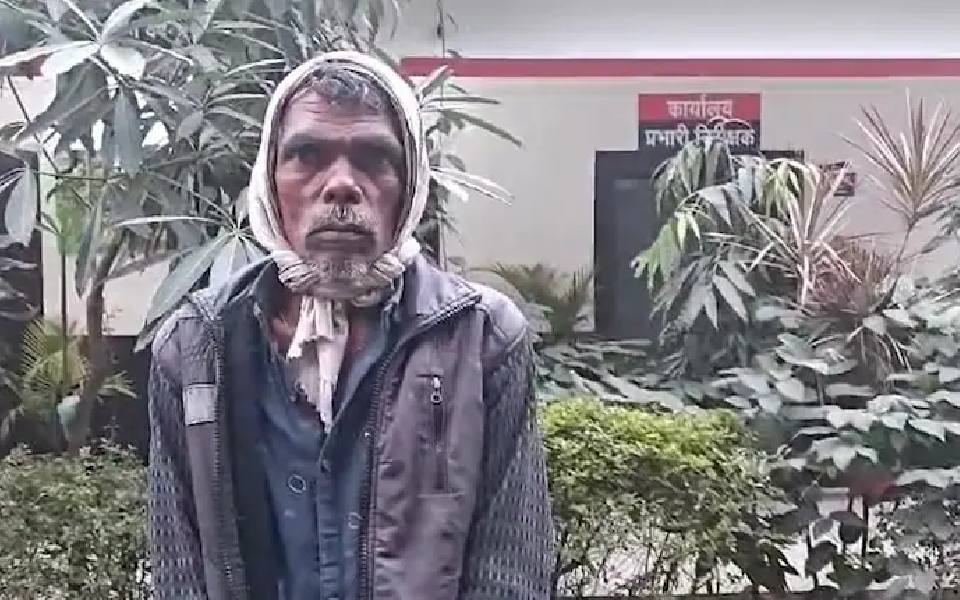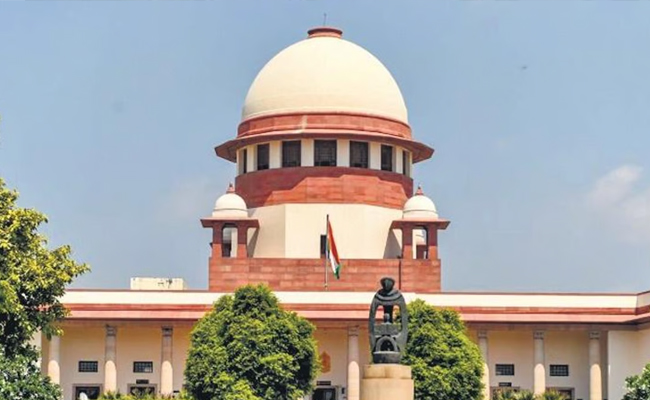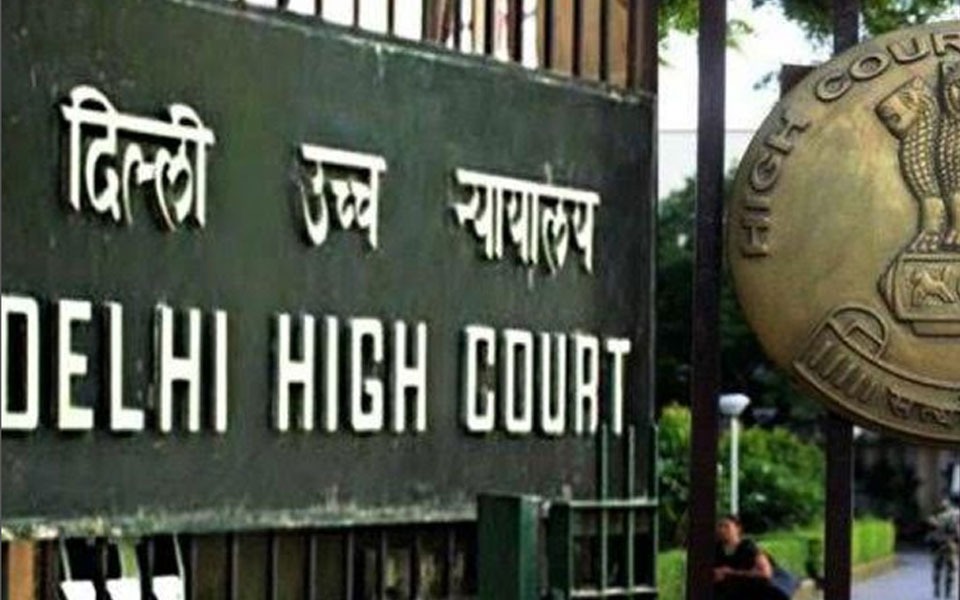Rohtas, Jan 8: A man, who was allegedly murdered by his relatives 17 years ago, returned home in Bihar's Rohtas district on Wednesday, triggering a storm in his village.
Police said four of his relatives were arrested in the murder case registered at the Akodhigola police station in 2008, and they were in jail for two years before being released on bail.
"A missing person's complaint was filed on September 12, 2008, after Nathuni Pal of Dewaria village could not be found by his family. It was later converted into a murder case after the family alleged that four relatives took away his land and then killed him. Pal's body could not be recovered at that time," said SHO Chandrashekhar Sharma.
The four relatives -- Rati Pal, Vimlesh Pal, Bhagwan Pal and Satyendra Pal -- were arrested and they were in judicial custody for two years before being released on bail, he said.
The trial in the case is still underway, he added.
Nathuni, who actually left home in 2008 and lived the life of a vagabond all these years, was held in UP's Jhansi after locals informed the police about a "suspicious person" in their village. During the investigation, the Jhansi Police found him in Bihar Police's records, officials said.
After due verification, he was brought back to his native village, they said.
Bhagwan Pal, one of the accused in the murder case, said, "Who will return us the precious years of our life which we spent in jail and visiting the court?"
Let the Truth be known. If you read VB and like VB, please be a VB Supporter and Help us deliver the Truth to one and all.
New Delhi: The Supreme Court on Wednesday (January 8) ordered the release of a prisoner who had been incarcerated for nearly 25 years after determining he was a juvenile at the time of the offence in 1994.
A bench comprising Justice MM Sundresh and Justice Aravind Kumar found that the appellant, Om Prakash, was only 14 years old when the offence occurred.
Om Prakash, initially sentenced to death for murder, had raised the plea of juvenility during the sentencing stage. However, the trial court dismissed his claim, citing his statement under s. 313 of the Code of Criminal Procedure and the fact that he held a bank account. The High Court upheld this judgment, and the Supreme Court dismissed his appeal, affirming the death sentence.
Later, Om Prakash filed a curative petition before the Supreme Court, presenting a school certificate indicating his minor status at the time of the offence. The State of Uttarakhand also certified his age as 14 years at the time. Despite this, the curative petition was dismissed.
In 2012, his mercy petition to the President resulted in the commutation of his death sentence to life imprisonment, with a condition that he would remain incarcerated until he turned 60. Subsequently, an ossification test confirmed his age as 14 at the time of the crime. He also obtained information under the RTI Act showing that minors could open bank accounts. In 2019, he challenged the Presidential order in the High Court of Uttarakhand, which dismissed his plea, citing the limited scope of judicial review over Presidential orders. He then appealed this judgment in the Supreme Court.
During the proceedings, the Supreme Court sought updated instructions from the State regarding its earlier admission in the curative petition about his juvenility. The State reaffirmed that he was a minor at the time of the offence.
The Court observed that injustice had been inflicted at every stage due to the failure of the judiciary to address the appellant's juvenility plea. Justice Sundresh, authoring the judgment, stated that the reliance on Om Prakash's statement under s. 313 of CrPC was erroneous, particularly when the statement itself suggested he was only 14 years old at the time of the crime.
The Court criticised the High Court for ignoring s. 9(2) of the Juvenile Justice Act 2015, which permits juvenility claims to be raised at any stage. It also noted that the appellant had suffered prolonged incarceration due to judicial errors, depriving him of the opportunity to reintegrate into society.
Ordering his immediate release, the Court clarified that its judgment was not a review of the 2012 Presidential order but the application of the 2015 Act to a deserving individual. It directed the Uttarakhand State Legal Services Authority to facilitate his rehabilitation and reintegration, including access to welfare schemes for livelihood, shelter, and sustenance under Article 21 of the Constitution. The State was also instructed to assist him in availing these schemes.
Senior Advocate Dr S. Muralidhar represented the appellant, with legal assistance provided by Project 39A of National Law University Delhi. ASG KM Nataraj appeared for the State.





